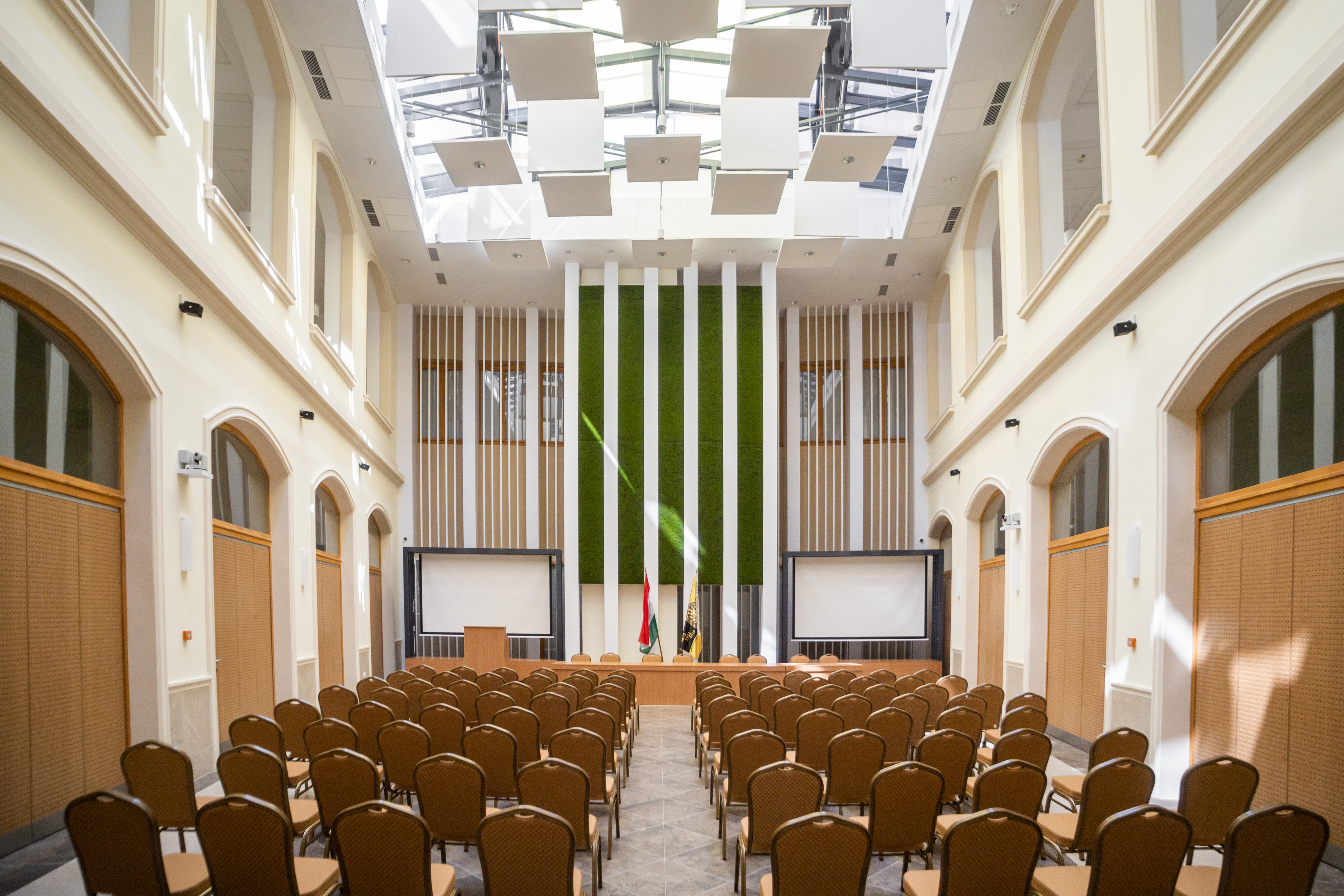The full programme for our eighth biennial conference, organized by the University of Szeged (prof. Norbert Varga) is available on this link. 36 panels of speakers and two keynotes (prof. Stefan Vogenauer/Max Planck Institute for Legal History and Legal Theory - Prof. Ulrike Müssig/University of Passau) are lined up!
Announcement:
The Organizing Committee is pleased to publish the final conference programme. Please click the link below to download the programme. The conference will be preceded by a PhD workshop. The conference will be held in the faculty building of the Faculty of Law and Political Sciences of University of Szeged. Our distinguished keynote speakers are Professor Ulrike Müßig (University of Passau) and Professor Stefan Vogenauer (Max Planck Institute for Legal History and Legal Theory). To help make your time at the 8th Biennial Conference of the ESCLH in Szeged smooth, enjoyable, and truly unforgettable, the Organizing Committee has prepared a short practical brochure with all the essential information you need!
See brochure here.




